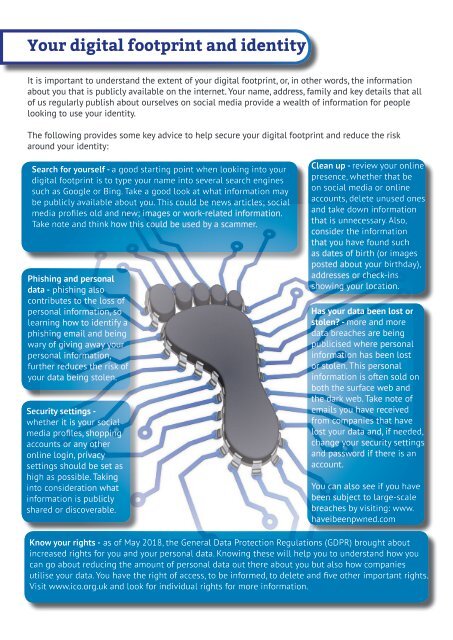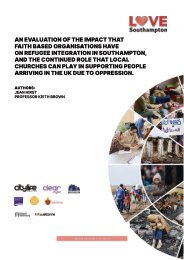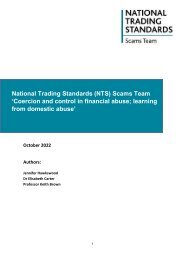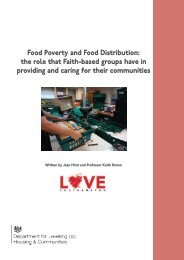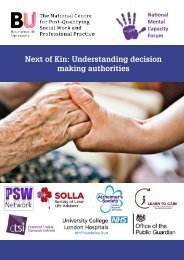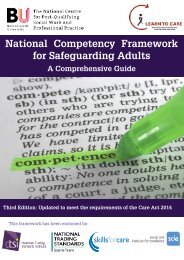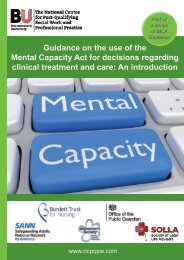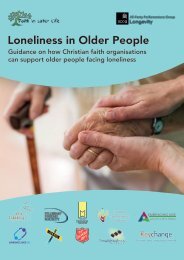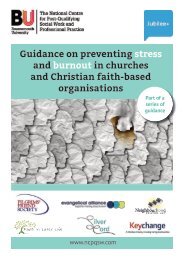Cyber Fraud and Scamming
This booklet focuses specifically on fraud and scamming; however cybercrime acts as a wider umbrella term, encompassing a range of criminal activity. Cybercrime can be simply defined as criminal activities carried out via the use of electronic devices, the internet and other forms of information and communications technology. The increasing use of computers and smartphones has facilitated a growth in the use of these systems as enablers of all types of crime, including: economic related cybercrime; organised crime; malicious and offensive communications; cyber stalking and harassment; and cyber terrorism.
This booklet focuses specifically on fraud and scamming; however cybercrime acts as a wider umbrella term, encompassing a range of criminal activity. Cybercrime can be simply defined as criminal activities carried out via the use of electronic devices, the internet and other forms of information and communications technology. The increasing use of computers and smartphones has facilitated a growth in the use of these systems as enablers of all types of crime, including: economic related cybercrime; organised crime; malicious and offensive communications; cyber stalking and harassment; and cyber terrorism.
Create successful ePaper yourself
Turn your PDF publications into a flip-book with our unique Google optimized e-Paper software.
Your digital footprint <strong>and</strong> identity<br />
It is important to underst<strong>and</strong> the extent of your digital footprint, or, in other words, the information<br />
about you that is publicly available on the internet. Your name, address, family <strong>and</strong> key details that all<br />
of us regularly publish about ourselves on social media provide a wealth of information for people<br />
looking to use your identity.<br />
The following provides some key advice to help secure your digital footprint <strong>and</strong> reduce the risk<br />
around your identity:<br />
Search for yourself - a good starting point when looking into your<br />
digital footprint is to type your name into several search engines<br />
such as Google or Bing. Take a good look at what information may<br />
be publicly available about you. This could be news articles; social<br />
media profiles old <strong>and</strong> new; images or work-related information.<br />
Take note <strong>and</strong> think how this could be used by a scammer.<br />
Phishing <strong>and</strong> personal<br />
data - phishing also<br />
contributes to the loss of<br />
personal information, so<br />
learning how to identify a<br />
phishing email <strong>and</strong> being<br />
wary of giving away your<br />
personal information,<br />
further reduces the risk of<br />
your data being stolen.<br />
Security settings -<br />
whether it is your social<br />
media profiles, shopping<br />
accounts or any other<br />
online login, privacy<br />
settings should be set as<br />
high as possible. Taking<br />
into consideration what<br />
information is publicly<br />
shared or discoverable.<br />
Clean up - review your online<br />
presence, whether that be<br />
on social media or online<br />
accounts, delete unused ones<br />
<strong>and</strong> take down information<br />
that is unnecessary. Also,<br />
consider the information<br />
that you have found such<br />
as dates of birth (or images<br />
posted about your birthday),<br />
addresses or check-ins<br />
showing your location.<br />
Has your data been lost or<br />
stolen? - more <strong>and</strong> more<br />
data breaches are being<br />
publicised where personal<br />
information has been lost<br />
or stolen. This personal<br />
information is often sold on<br />
both the surface web <strong>and</strong><br />
the dark web. Take note of<br />
emails you have received<br />
from companies that have<br />
lost your data <strong>and</strong>, if needed,<br />
change your security settings<br />
<strong>and</strong> password if there is an<br />
account.<br />
You can also see if you have<br />
been subject to large-scale<br />
breaches by visiting: www.<br />
haveibeenpwned.com<br />
Know your rights - as of May 2018, the General Data Protection Regulations (GDPR) brought about<br />
increased rights for you <strong>and</strong> your personal data. Knowing these will help you to underst<strong>and</strong> how you<br />
can go about reducing the amount of personal data out there about you but also how companies<br />
utilise your data. You have the right of access, to be informed, to delete <strong>and</strong> five other important rights.<br />
Visit www.ico.org.uk <strong>and</strong> look for individual rights for more information.


